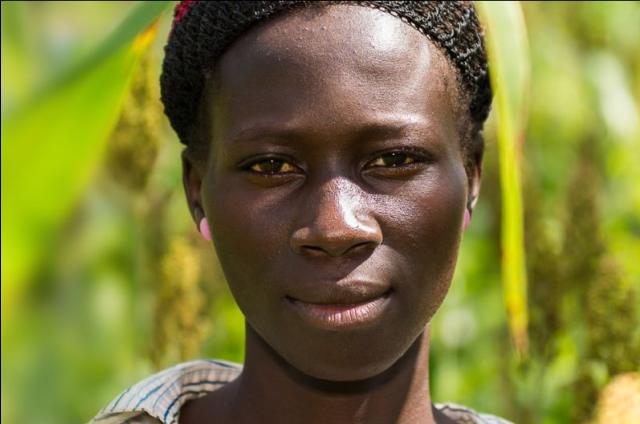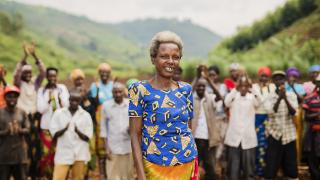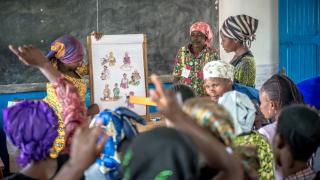30 Years Quiz Results
Check your answers below
1. The Srebrenica massacre, which happened during the Bosnian war, remains the single largest mass murder in Europe since World War II.
- TRUE
- FALSE
This is true. In July 1995, a genocidal massacre took place in the Bosnian town of Srebrenica. Around 8,000 Bosnian Muslims were murdered by the Army of Republika Srpska (the Bosnian Serb Republic) led by General Ratko Mladić. The massacre at Srebrenica was one of the most horrific events of the war in the former Balkan States. It remains the single largest mass murder in Europe since World War Two.
Source: Holocaust Memorial Day Trust
2. According to the Bosnian Interior Ministry, how many women were raped during the course of the Bosnian War?
- 3,000
- 25,000
- 40,000
- 50,000
The Bosnian Interior Ministry estimates 50,000 women were raped in the country during the three years of war and some were executed after they were attacked.
Source: TRT World
3. Rape was recognised as a weapon of war in 1919, but when did the first prosecution of rape as a war crime happen?
- 1920
- 1949
- 1998
- 2003
Rape became a designated war crime in 1919, but there is a long history of not addressing its use as a weapon in conflicts. The 1949 Geneva Convention further outlawed the use of rape in war time, but the first prosecution for rape as a war crime only happened in 1998.
Source: A News Education
4. Recently the rights of women in Afghanistan have been severely restricted, with Women for Women International continuing to support their needs. Which of the following areas of Afghan women's lives have been affected?
- Work
- Travel
- Clothing and dress
- All of the above
The correct answer is all of the above. Women's rights in Afghanistan are in crisis, but we continue to support their needs. Learn more about the situation and about how we're supporting women in Afghanistan.
5. Can you guess how much refugee women could contribute to the annual global GDP if they were given the chance?
- $5 billion
- $9 billion
- $1 trillion
- $1.4 trillion
The right answer is $1.4 trillion. Refugees can bring more value to a country's economy than it costs to resettle them - if only they are granted the right to work.
Source: International Rescue Committee and Georgetown Institute for Women, Peace and Security.
6. During our year-long Stronger Women, Stronger Nations programme, women develop the skills and tools they need to generate a steady income and launch their own businesses. After graduating from our programme how much do the average household savings of the women we serve increase by?
- 54%
- 102%
- 199%
- 205%
The correct answer is 199%! This is based on data collected from our programme graduates in 2022. Learn more about our programme.
7. The women enrolled in our Stronger Women, Stronger Nations programme also learn about their human rights and how to defend them.
Can you guess the increase in women speaking out publicly against gender-based violence after completing the programme?
- No change
- 2x more likely to speak out against gender-based violence
- 4x more likely to speak out against gender-based violence
- 5x more likely to speak out against gender-based violence
Women enrolled in our programme are 4x more likely to speak out against gender-based violence! Meet some of the brave women we serve who are challenging norms and making their voices heard.
Learn more
Why women in conflict
subtitle:
When war and insecurity take hold, women bear the heaviest burden of violence, poverty and inequality. Learn more about why supporting women survivors of war is so important.
Our programmes
subtitle:
Participants in our year-long programme work to strengthen themselves across four critical areas of social and economic empowerment.
Where we work
subtitle:
Learn more about the conflict-affected countries where we work around the world. Since our origins in Bosnia and Herzegovina, we have expanded and adapted our programmes to support 579,287 women living in some of the world’s most challenging environments.



